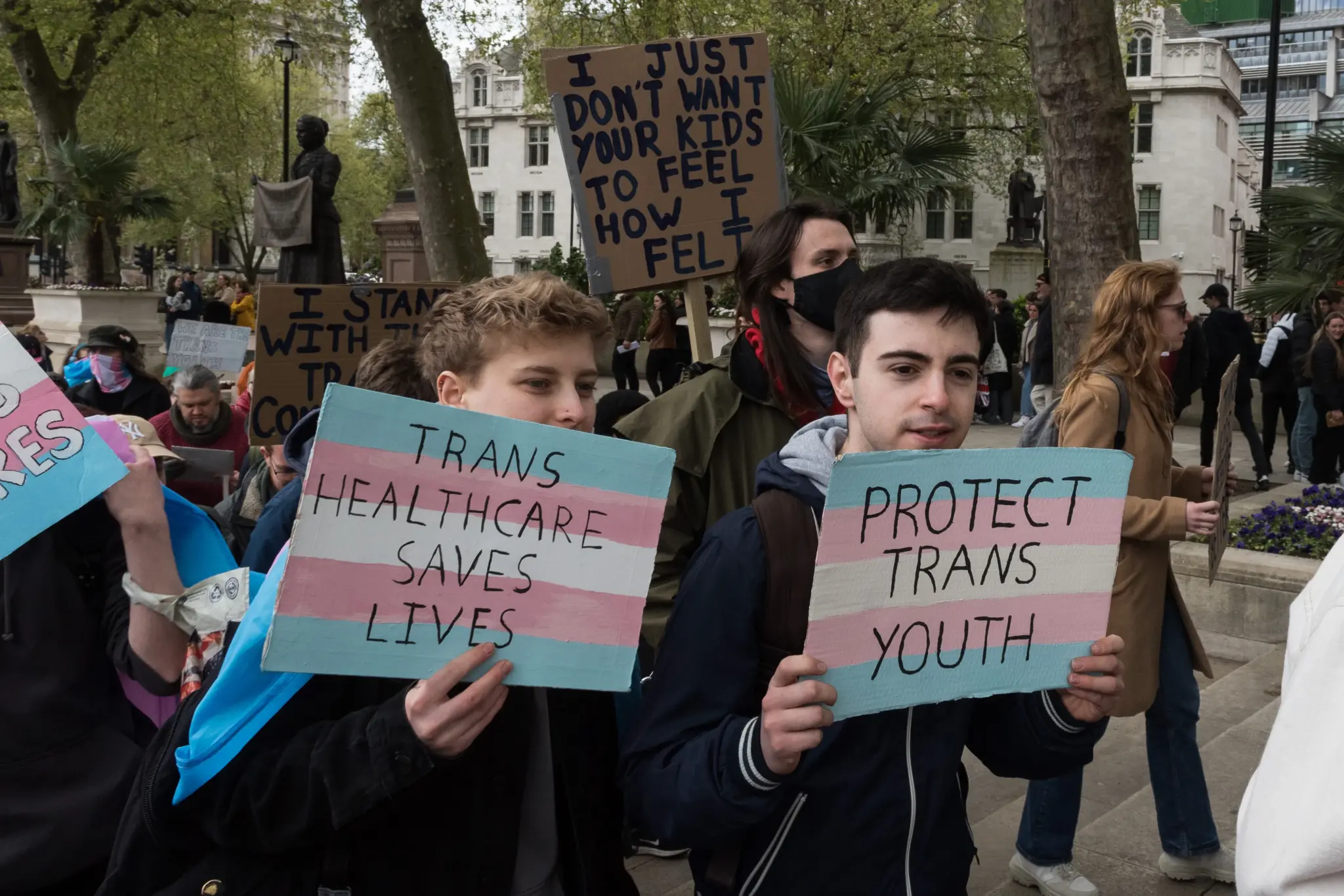Dr Hilary Cass says a trans conversion therapy ban could ‘frighten off’ therapists
Sign up for more LGBTQ+ news and updates at TrueQueer.
An investigation into the potential impact of a proposed ban on LGBTQ+ conversion therapy in Scotland has revealed concerns that therapists working with young transgender individuals could be deterred from providing essential care. Dr. Hilary Cass, the author of the controversial Cass report, expressed apprehension that such a ban could create fear among therapists and hinder their ability to support trans youth.
The Scottish government initiated consultations in January to address the issue of conversion therapy, with plans to outlaw practices that aim to alter or suppress an individual’s sexual or gender identity. Dr. Cass, who provided testimony to the Scottish parliament’s health committee, emphasized the need to protect individuals from conversion therapy while also acknowledging the complexity of determining intent in therapeutic relationships.
In her testimony, Dr. Cass highlighted the challenge of striking a balance between safeguarding individuals from harmful practices and ensuring that therapists are not unjustly targeted. She emphasized that professional bodies do not endorse conversion therapy and suggested that any allegations of such practices should first be addressed by regulatory bodies before becoming a legislative matter.
According to Dr. Cass, a significant percentage of young trans, gender-nonconforming, or gender-questioning individuals identify as non-straight, underscoring the intersectionality of gender identity and sexual orientation. She cautioned against conflating issues related to conversion therapy with legitimate therapeutic practices aimed at supporting transgender individuals.
The Cass report, which received both praise and criticism, called for increased mental health support for young trans people while also highlighting concerns about the quality of existing clinical guidance. The report urged caution in prescribing puberty blockers to young trans individuals, despite the medication’s long-standing use in safely managing gender dysphoria in both trans and cisgender children.
Following the recommendations of the Cass report, prescriptions for puberty blockers have been paused in England, Wales, and Scotland, raising questions about access to gender-affirming healthcare for young trans individuals. The implications of these policy changes on the well-being of trans youth remain a point of contention within the healthcare community.
As discussions around conversion therapy bans continue to evolve, stakeholders must consider the nuanced challenges faced by therapists working with young transgender individuals. Balancing the need to protect individuals from harmful practices with supporting therapists in providing affirming care is essential for promoting the well-being of LGBTQ+ youth.
For confidential support for young people, parents, and families navigating issues related to gender identity and sexual orientation, organizations like Mermaids offer accessible resources and crisis support services. By prioritizing the needs of LGBTQ+ individuals and fostering a supportive environment for therapists, policymakers can create a more inclusive and affirming healthcare system for all.
Follow us on: Facebook for more LGBTQ+ news and updates at TrueQueer.
conversion therapy
![]()

